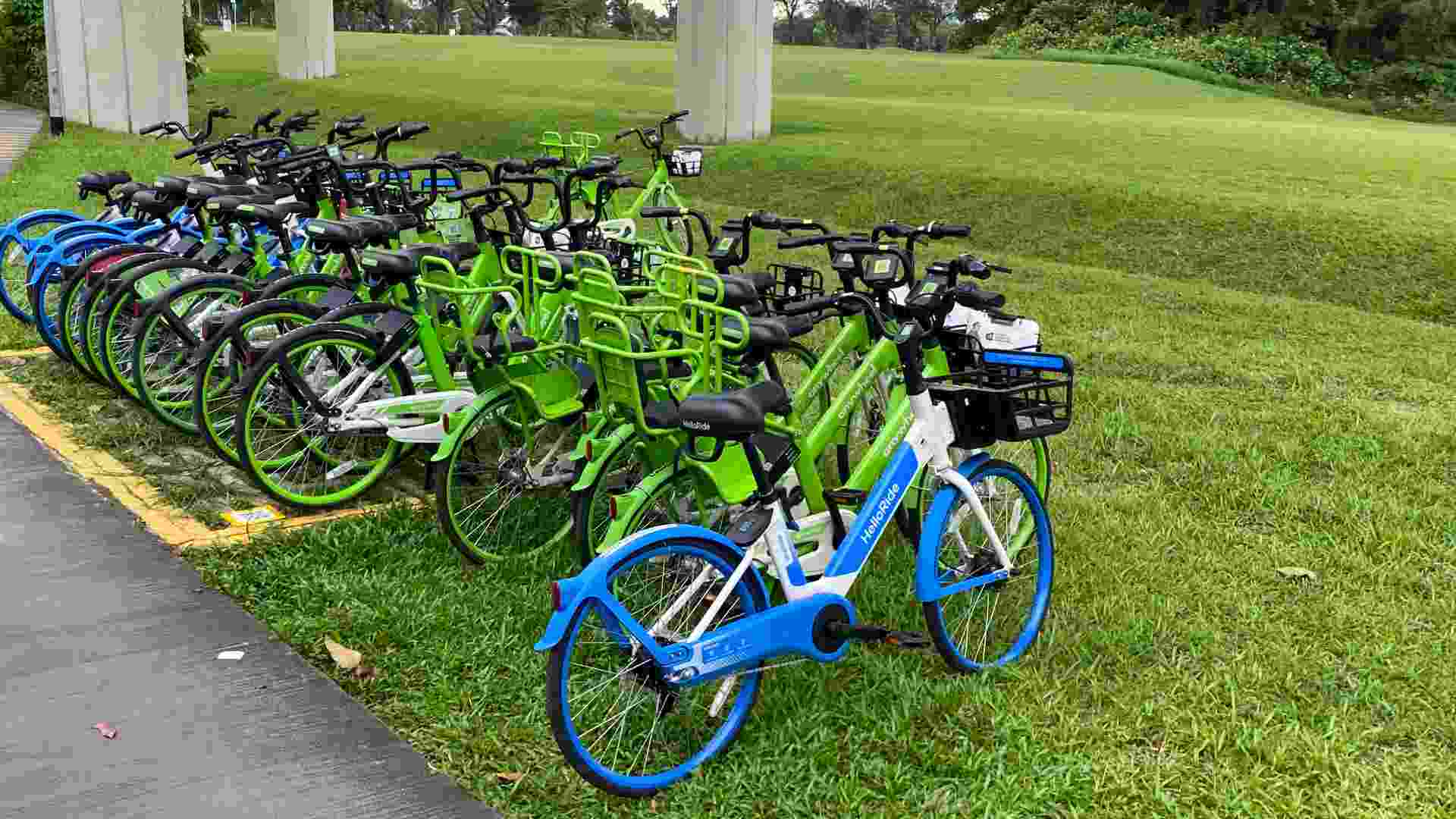7 Practical Tips To Reduce Food Waste At Home
While you might not think food waste affects you, think again. Did you know that nearly one-third or approximately 1.3 billion tons of all food produced globally every year ends up as waste.
Worse still is the fact that wasting food isn’t just about wasting money and resources, and adding to world hunger. Discarded food sent to landfills rots and produces methane gas (the second most common greenhouse gas), hence food wastage directly contributes to climate change too. According to the World Resources Institute, 24% of all the water used for agriculture (that’s approximately 170 trillion litres) is lost through food waste every year.
1. Shop smart
Most of us often buy more food than we need, so the best place to start is by shopping smart. Though buying in bulk is often cheaper and more convenient, it’s no secret that bulk buying often leads to more food waste. Stick to making more frequent grocery trips than a bulk run and stick to a shopping list to be more mindful and reduce impulse buying.
Do your bit to save the planet and reduce food wastage at home by following these easy and practical tips:
2. Store food correctly
Storing food incorrectly often means unnecessary food spoilage and subsequent food wastage. Knowing which foods to separate and which to keep at room temperature can help improve the longevity of fresh produce. For instance, potatoes, garlic and onions are better kept at room temperature than refrigerated. Likewise, ethylene producing foods such as bananas and avocadoes should be kept away from delicate produce such as leafy greens or berries to prevent the latter from over-ripening and spoiling. Tip: store celery upright in a glass of water in the fridge to keep it crisp and put wilted lettuce in a bowl of cold water to get it crisp again too.
3. FIFO - First In, First Out
Employ the FIFO method when restocking the fridge so that older foods are consumed first and not wasted. “Out of sight, out of mind” is true when it comes to an over-full fridge, so pay attention to best before dates and force yourself to use up all your old groceries first before buying more. Tip: Be creative. Use wilting fruits to add flavour to water; use coffee grinds for a homemade scrub or mix up a vegetable smoothie.
4. Make homemade stock
Use up vegetable scraps to make homemade vegetable stock. Ditto for bones and carcases too to make up beef or chicken stock. Simply sauté the vegetables or bones with some olive oil, add water and then let the mixture simmer on low heat for a few hours till you get an aromatic broth.
5. Beauty is skin deep
Don’t be too quick to throw away the peels of fruits and vegetables. Many important nutrients are located in the outer layer of fresh produce such as apples, potatoes, carrots, cucumbers, bananas (yes, banana skins are edible) and mangoes. Skins contain a large amount of vitamins, minerals and antioxidants, and double up as nutritious gut-friendly fibre.
6. Ugly foods are good too
It’s a well-known fact that despite being the same in taste and nutrition, ugly foods are often passed up because of their less-than perfect looks. This leads to tons of perfectly good food going to waste for absolutely no reason!
7. Start your own compost
If you’ve still got bits and pieces left over after making stocks and smoothies, consider buying a home composting bin. Even if you don’t have a garden, there’s always someone who would love to receive some quality compost that’s great for the environment.
For the latest updates on Wonderwall.sg, be sure to follow us on Facebook and Instagram. If you have a story idea for us, email us at [email protected].






/roundup_5_april_2024_rectangle.jpg?sfvrsn=21b9d2d9_1)
.jpg.jpg?sfvrsn=461a9deb_0)



